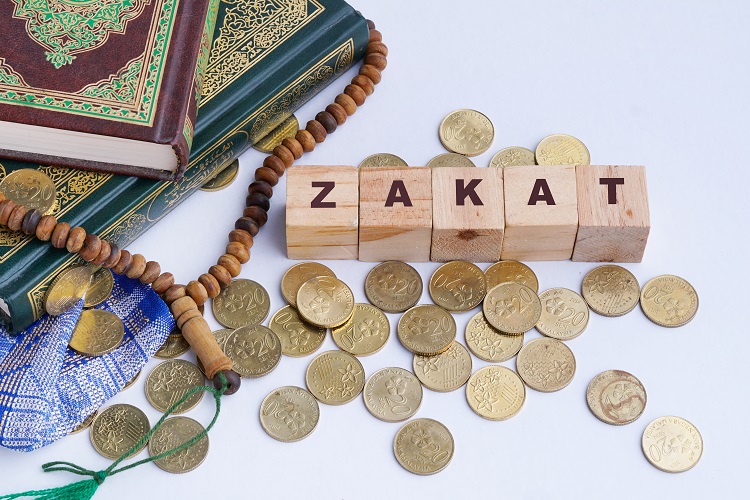Zakat is one of the five pillars of Islam, and it is a form of charitable giving that is required of all Muslims who have reached a certain level of wealth. Zakat is not only a religious obligation, but it also has significant benefits for individuals and society as a whole. In this blog post, we will explore some of the benefits of Zakat and how it can help to create a more just and equitable society.
- Fulfilling a Religious Obligation:First and foremost, Zakat is an obligation that is required of all Muslims who have reached the minimum level of wealth, known as nisab. By fulfilling this obligation, Muslims are able to gain spiritual rewards and blessings from Allah (SWT).
- Helping the Needy:One of the primary benefits of Zakat is that it helps to alleviate the suffering of the poor and needy. Zakat funds are distributed to those who are less fortunate and are in need of financial assistance. This can include providing food, clothing, shelter, and other basic necessities.
- Promoting Social Cohesion:Zakat also helps to promote social cohesion and solidarity within the Muslim community. By giving Zakat, Muslims are able to demonstrate their commitment to their fellow believers and show that they are willing to help those who are less fortunate.
- Reducing Income Inequality:Zakat can also play a role in reducing income inequality within society. By requiring the wealthy to give a portion of their wealth to the poor, Zakat helps to redistribute wealth and ensure that everyone has access to basic necessities.
- Fostering a Culture of Giving:Finally, Zakat helps to foster a culture of giving within the Muslim community. By requiring Muslims to give a portion of their wealth to charity, Zakat helps to create a society where charitable giving is valued and encouraged.
In conclusion, Zakat is not only a religious obligation but it also has significant benefits for individuals and society as a whole. By helping the needy, promoting social cohesion, reducing income inequality, and fostering a culture of giving, Zakat plays an important role in creating a more just and equitable society. At OG Accountants, we are committed to helping our clients fulfill their Zakat obligations in a way that is consistent with Shariah principles, and we are dedicated to promoting charitable giving and social justice within the Muslim community.

Comments
Post a Comment